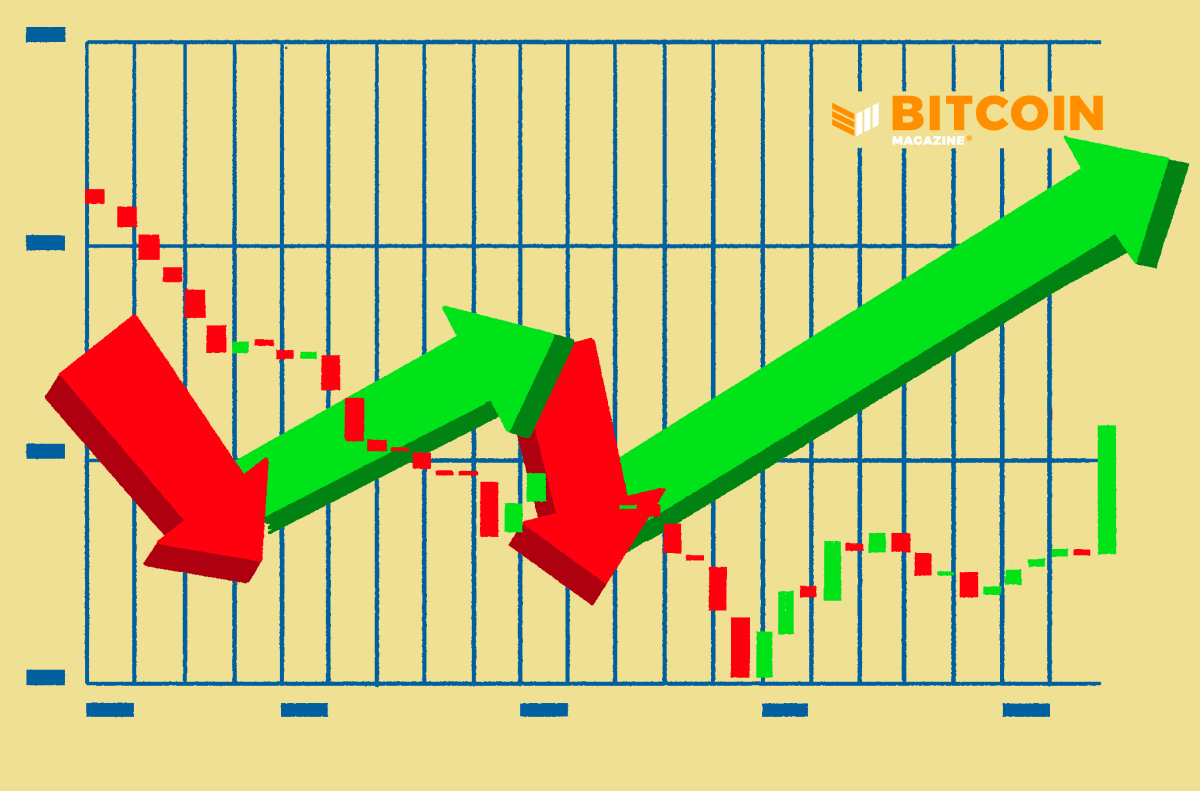As Ukrainian and Russian troops fight for control of key cities, a separate battle is underway to secure Ukraine’s access to the internet.
Web traffic has fallen across Ukraine, especially in regions with the heaviest Russian military presence, according to data from the internet monitoring organization NetBlocks. At least part of the drop-off can be explained by hundreds of thousands of Ukrainians fleeing the country, meaning there are fewer people left to use Ukrainian internet services. But there are also reported cases of Russian troops sabotaging Ukraine’s web infrastructure.
In response to a public plea from a Ukrainian government minister, on Saturday (Feb. 26) Elon Musk announced his satellite internet company, Starlink, would expand its service to Ukraine. Starlink uses satellites in low Earth orbit to beam internet access into places that don’t have working web infrastructure, like fiberoptic cables and cell towers. To access the internet via Starlink, people need satellite dishes known as terminals. Musk also promised to deliver terminals to Ukraine, although he didn’t specify how many, when, or how they would be delivered in the middle of a three-front ground war.
Fortunately for Ukrainians, they probably won’t have to rely on Musk to secure the country’s internet access, even in the event of a full Russian takeover. The physical infrastructure that powers the web in Ukraine is vast, owned by many independent internet service providers, and has several connections to the outside world, according to Doug Madory, director of internet analysis at the network observation company Kentik. Unlike Cuba, which created nationwide internet blackouts in response to protests in July, Ukraine’s web infrastructure doesn’t have a single chokepoint that an oppressive government could use to snuff out internet access all at once. “Ukraine is much more complex than Cuba,” Madory said.
Atracom
Internet censorship isn’t new in Ukraine
If Russia succeeds in taking over Ukraine, a Kremlin-backed government could try to censor the internet while leaving it online. The Ukrainian government has been censoring the web since 2017, when then-president Petro Poroshenko banned four Russian websites—the social media platforms VKontakte and Odnoklassniki, the email service Mail.ru, and the search engine Yandex—in the name of national security. On Sunday (Feb. 27), Google blocked downloads of the app for Russian state-run media operation RT in Ukrainian territory at the request of the Ukrainian government.
Targeted bans like these can make it harder for the average person to access certain websites. But they’re never 100% effective: Savvy citizens and activists can always find ways to evade censorship through “virtual private networks” (VPNs) and communicate in secret through encrypted messaging apps like Signal.
With or without Musk’s satellites, determined Ukrainians will always have a way to use the web to find uncensored information and share news of their circumstances with the outside world.
Note: This article have been indexed to our site. We do not claim legitimacy, ownership or copyright of any of the content above. To see the article at original source Click Here












